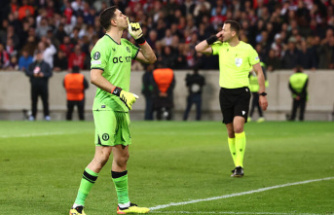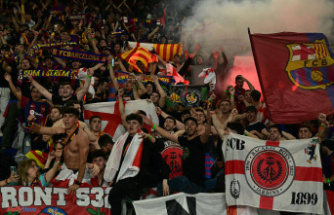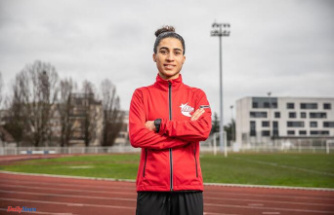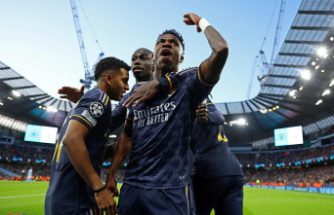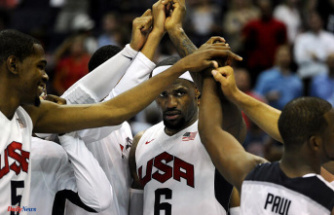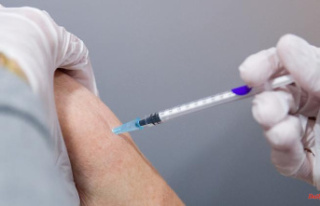What is going on with top German sport? The results of the World Championships in Athletics in the USA, but also the weak phase of the rowers, caused harsh criticism from the athletes for the lack of support. "Populist nonsense," says Ulrike Nasse-Meyfarth and attacks sprinter Gina Lückenkemper.
The two-time high jump Olympic champion Ulrike Nasse-Meyfarth cannot understand the criticism of the alleged lack of support in top-class German sport. In an interview with the "Tagesspiegel", the 66-year-old spoke of whining, especially under the impression of the past World Championships in Athletics in Eugene. There the German team had only once won gold through long jumper Malaika Mihambo and bronze through the women's sprint relay around Gina Lückenkemper.
Lückenkemper then defended himself against exaggerated criticism and spoke about "where our athletes come from and what else they do and how they have to work their ass off to be able to compete against these full professionals". Nasse-Meyfarth rejected this: "The view of the lady with the fast legs and the even faster mouth that in Germany only semi-professionals compete against full professionals from other countries is populist nonsense. Being a full professional is always only related to make money from the sport."
Nasse-Meyfarth does not see the financial support as too low. "I don't know what else is supposed to prevent an athlete from completing two training sessions a day and maybe another physiotherapy session, just like a so-called 'full professional'," she said. "But I advise that, unlike the 'full professional' who wastes his free time the rest of the day and frolics on social media, you should also study or do vocational training."
50 years after her sensational first Olympic victory in Munich, Nasse-Meyfarth emphasized that she was looking forward to the European Championships in Athletics, which started in the Bavarian metropolis in the morning. However, she could not understand why 112 German athletes had been nominated for it.


